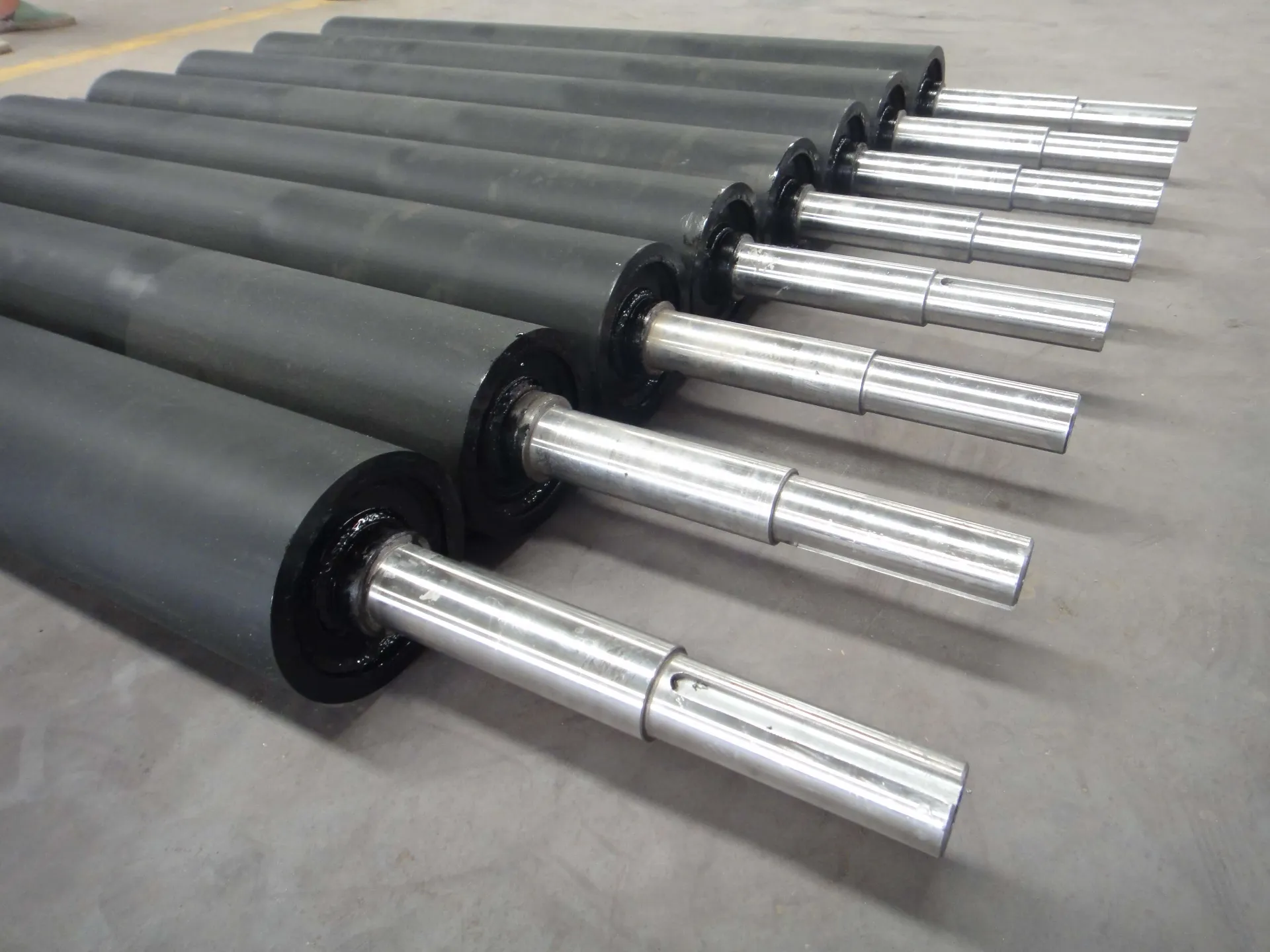 Afrikaans
Afrikaans  Albanian
Albanian  Amharic
Amharic  Arabic
Arabic  Armenian
Armenian  Azerbaijani
Azerbaijani  Basque
Basque  Belarusian
Belarusian  Bengali
Bengali  Bosnian
Bosnian  Bulgarian
Bulgarian  Catalan
Catalan  Cebuano
Cebuano  Corsican
Corsican  Croatian
Croatian  Czech
Czech  Danish
Danish  Dutch
Dutch  English
English  Esperanto
Esperanto  Estonian
Estonian  Finnish
Finnish  French
French  Frisian
Frisian  Galician
Galician  Georgian
Georgian  German
German  Greek
Greek  Gujarati
Gujarati  Haitian Creole
Haitian Creole  hausa
hausa  hawaiian
hawaiian  Hebrew
Hebrew  Hindi
Hindi  Miao
Miao  Hungarian
Hungarian  Icelandic
Icelandic  igbo
igbo  Indonesian
Indonesian  irish
irish  Italian
Italian  Japanese
Japanese  Javanese
Javanese  Kannada
Kannada  kazakh
kazakh  Khmer
Khmer  Rwandese
Rwandese  Korean
Korean  Kurdish
Kurdish  Kyrgyz
Kyrgyz  Lao
Lao  Latin
Latin  Latvian
Latvian  Lithuanian
Lithuanian  Luxembourgish
Luxembourgish  Macedonian
Macedonian  Malgashi
Malgashi  Malay
Malay  Malayalam
Malayalam  Maltese
Maltese  Maori
Maori  Marathi
Marathi  Mongolian
Mongolian  Myanmar
Myanmar  Nepali
Nepali  Norwegian
Norwegian  Norwegian
Norwegian  Occitan
Occitan  Pashto
Pashto  Persian
Persian  Polish
Polish  Portuguese
Portuguese  Punjabi
Punjabi  Romanian
Romanian  Russian
Russian  Samoan
Samoan  Scottish Gaelic
Scottish Gaelic  Serbian
Serbian  Sesotho
Sesotho  Shona
Shona  Sindhi
Sindhi  Sinhala
Sinhala  Slovak
Slovak  Slovenian
Slovenian  Somali
Somali  Spanish
Spanish  Sundanese
Sundanese  Swahili
Swahili  Swedish
Swedish  Tagalog
Tagalog  Tajik
Tajik  Tamil
Tamil  Tatar
Tatar  Telugu
Telugu  Thai
Thai  Turkish
Turkish  Turkmen
Turkmen  Ukrainian
Ukrainian  Urdu
Urdu  Uighur
Uighur  Uzbek
Uzbek  Vietnamese
Vietnamese  Welsh
Welsh  Bantu
Bantu  Yiddish
Yiddish  Yoruba
Yoruba  Zulu
Zulu Exploring the Benefits and Applications of Polyurethane Rollers in Various Industries
Understanding Polyurethane Rollers Benefits and Applications
Polyurethane rollers have become an essential component in various industrial applications due to their unique properties and versatile functionality. These rollers are made from a polymer known for its durability, flexibility, and resistance to wear and tear, making them an ideal choice for numerous sectors. This article explores the benefits of polyurethane rollers, their applications, and why they are gaining popularity in today’s manufacturing landscape.
The Composition and Properties of Polyurethane
Polyurethane is a type of polymer that can be tailored to meet specific requirements through the manipulation of its chemical structure. This adaptability results in a material that can exhibit a range of hardness levels, from soft and flexible to hard and rigid. The exceptional elasticity of polyurethane also allows it to return to its original shape after deformation, which is critical in applications where load bearing and stress resistance are vital.
One of the standout characteristics of polyurethane is its resistance to abrasion, making it far superior to other materials like rubber or plastic in high wear situations. Additionally, polyurethane offers excellent resistance to fuel, oils, and other chemicals, furthering its appeal in industrial environments.
Advantages of Polyurethane Rollers
1. Durability Polyurethane rollers are known for their long lifespan. Their resistance to abrasion and impact means that they can withstand harsh conditions without wearing down quickly, leading to reduced replacement costs and downtime.
2. Versatility These rollers can be manufactured in a range of sizes and hardness levels to suit specific applications. This versatility makes them suitable for various tasks, from heavy-duty industrial use to lightweight applications.
3. Reduced Noise Polyurethane rollers operate more quietly than their metal counterparts, making them preferable for environments where noise reduction is a priority. This feature also contributes to a more pleasant working atmosphere.
4. Improved Performance The ability of polyurethane rollers to provide good grip and traction makes them ideal for conveyor systems and similar applications. They help in the smooth transportation of materials, reducing the risk of slipping or damaging products.
polyurethane roller

5. Customization Manufacturers can easily modify polyurethane properties to meet the needs of different industries. For instance, they can adjust the chemical formulation to enhance certain characteristics like hardness or resistance to specific substances.
Applications of Polyurethane Rollers
Polyurethane rollers find applications in various industries, including
- Manufacturing Used in conveyor systems, printing presses, and packaging machinery, they facilitate the smooth movement of products through different stages of production.
- Automotive In this sector, polyurethane rollers are used in assembly lines and for transporting parts, owing to their durability and resistance to oils and greases.
- Food Processing Their resistance to chemicals and ease of cleaning makes polyurethane rollers a popular choice in food processing and packaging industries, ensuring compliance with hygiene standards.
- Textiles These rollers are employed in textile manufacturing processes where they help in the smooth handling of fabrics and materials, minimizing damage.
- Construction Polyurethane rollers are utilized in construction equipment, providing both support and mobility in various applications, including road construction and material handling.
Conclusion
In conclusion, polyurethane rollers are an invaluable asset across multiple industries due to their impressive durability, versatility, and performance characteristics. As industries continue to evolve and demand higher standards, the significance of polyurethane rollers will undoubtedly grow. They not only enhance efficiency and productivity but also contribute to cost savings in the long run. With ongoing advancements in polyurethane technology, the future looks promising for this integral component of modern manufacturing and industrial processes.
-
Revolutionizing Conveyor Reliability with Advanced Rubber Lagging PulleysNewsJul.22,2025
-
Powering Precision and Durability with Expert Manufacturers of Conveyor ComponentsNewsJul.22,2025
-
Optimizing Conveyor Systems with Advanced Conveyor AccessoriesNewsJul.22,2025
-
Maximize Conveyor Efficiency with Quality Conveyor Idler PulleysNewsJul.22,2025
-
Future-Proof Your Conveyor System with High-Performance Polyurethane RollerNewsJul.22,2025
-
Driving Efficiency Forward with Quality Idlers and RollersNewsJul.22,2025





























